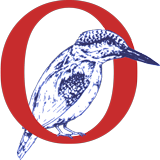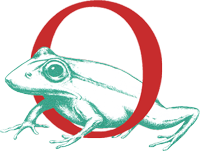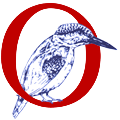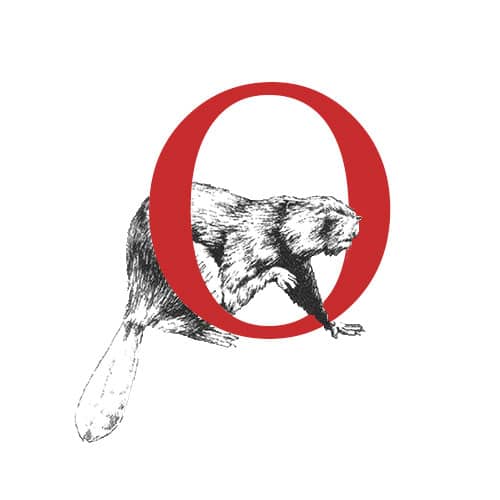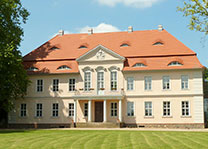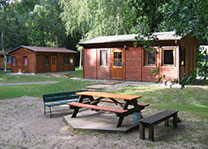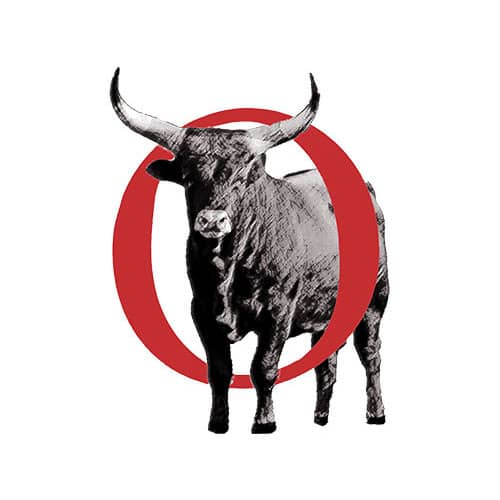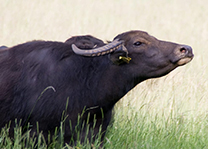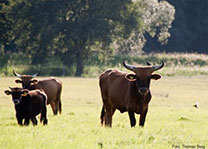Annual press conference
of the Association of Friends of the German-Polish European National Park Unteres Odertal e. V.
on Tuesday, January 13th, 2004
1. The past year 2003 was a successful year for the club. He was able to fulfill the tasks assigned to him in accordance with the statutes and within the framework of the major nature conservation project of national representative importance and to present a financially balanced balance sheet. In this way, land was still acquired. The acquired areas were developed and maintained in accordance with the maintenance and development plan, and environmental education and science were promoted as much as possible, particularly in the German-Polish context.
In the beginning of 2004, the association will continue to fulfill its tasks independently and on its own responsibility, with a focus on nature conservation. He will continue to purchase all suitable areas that are offered to him, he will intensify the land swap and implement the maintenance and development plan on the club-owned areas in a way that is as compatible with the operation as possible. The excursion program with respected experts from the scientific institutions in Berlin and Brandenburg, which has now been offered traditionally (since 1998), will be continued, as will the lively publication activity. Work with young people and pupils will continue to be carried out by the gGmbH in the Teerofenbrücke Wilderness School and in the National Park Laboratory, while adult education will be in the hands of the Brandenburg Academy of Criewen Castle — German-Polish environmental education and meeting center.
2. In addition to its own tasks, the association will continue to actively participate in all environmentally relevant discussions and decision-making processes in the region. He is not only committed to nature conservation, but also to regional development in general. In particular, he will raise his warning voice when nature and the environment are disturbed and damaged or when common property and tax money are senselessly wasted, in accordance with his charitable status and social responsibility as an independent and incorruptible administrator of the interests of people, plants and animals in the Lower Oder Valley.
3. At the beginning of 2004 we disillusioned with the fact that practically all major projects in Brandenburg failed with high financial losses. There is an urgent need to change direction:
Small, decentralized projects bring new growth and new jobs. In the Lower Oder Valley, for example, this means an incineration or gasification plant for grass clippings and reeds, which were mowed in single-cut mowing in the national park in August or September and can no longer be used in today’s agricultural cycles to generate energy. Renewable raw materials will play an increasingly important role. But that also means creating tourist focal points, for example a large bison enclosure near Criewen near the largely unused parking lot. The association has the appropriate areas. He can, but does not necessarily have to take over the sponsorship for it.
4. We think it is a big mistake to stir up the occasionally intense dispute between parts of the economy and the Schwedt city administration and nature conservation over and over again. This damages the nationwide image of a rather disadvantaged region that is heavily dependent on donation and support from outside. What would be more important would be a joint image campaign under the motto: “Schwedt, the successful industrial town in the Lower Oder Valley National Park”. That wouldn’t happen a second time in Germany. We would like to see many new industrial establishments and jobs in the Schwedt industrial area and around PCK-Raffinerie GmbH. But we will also do our best to defend a national park that really deserves its name and see no contradiction in this at all. The public dispute over the traffic route projects, for example over the expansion of the Hohensaaten-Friedrichsthaler waterway between Schwedt and the Westoder for coasters or the construction of the B 166 with a new border crossing, has weakened Schwedt throughout Germany, and in some cases Schwedt has given himself up to ridicule. Not only all the major daily newspapers and television stations, but also provincial newspapers such as the Rhineland Palatinate or the Weser Kurier have reported on it accordingly. Now that both traffic plans will not be implemented for the foreseeable future due to a lack of money (lack of toll revenue) and Poland’s lack of consent, we should put the discussion on a new footing. But even if nature conservation has a contrary opinion with parts of the city administration and the economy on this question, one should still be able to find common ground and coöperation in all other, by far predominant questions. Then and only then will the image campaign sensibly initiated by Schwedt also be successful.
5. And now a few remarks on nature conservation in the national park:
a.) The so-called water study came as no surprise to us. It produced exactly the results that the client demanded from the contractor: the status quo safeguarding — no changes. A floodplain national park cannot be realized without water. He’s sitting on dry land, so to speak, as was frighteningly shown just last summer. First the wet polders were pumped dry, then the national park literally dried up. We want to gradually stop the costly pumping in accordance with the care and development plan and allow a more natural water régime, albeit in a controlled manner. So we will continue to do everything we can — as it is our task — to implement the maintenance and development plan, as agreed in 1999 between the MLUR, the BfN and us.
b.) The designation of total reserves also only makes sense if there is also water in the national park, otherwise the actually natural alluvial communities will not grow in the no longer maintained total reserves, but only nettles and couch grass. That looks terrible and reduces acceptance. That is why our motto is: first the water and then the total reserves, or preferably both at the same time.
The board of directors
